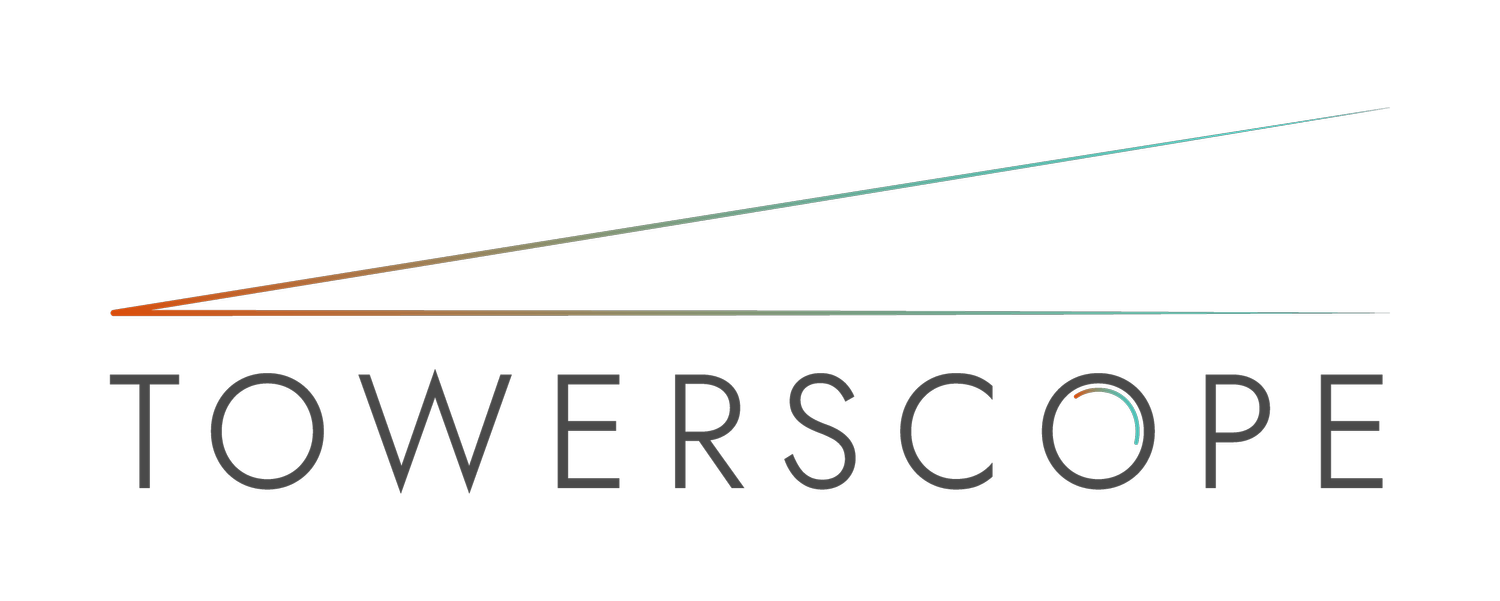Wondering what life is like after transitioning out of leadership? A professor shares her career path into and out of traditional leadership and toward new goals. (Part 2)
How to Embrace Failure as a Sign of Success
How to Successfully Transition Out of Leadership
What I Learned from 17 Years of Research on the Effects of 9/11 and the Connection to Addressing Our Current National Crises
The brain works in amazing ways. Earlier this week, I had this internal need to re-read the first paper I ever published - 17 years ago - under the mentorship of Dr. William Sedlacek, a white male professor who had committed his career to studying racism and improving race relations in college settings.
Perhaps as a triggering effect in response to increasing long-lasting concerns over the health and racism crises in our country, my brain sent a message that it wanted more answers.
Nearly two decades later, on the 19th anniversary of the 9/11 terrorist attacks, I am marveling at the similarities between what I was describing in that paper and what's happening now.
Although I have spent the most recent decade of my career focusing on the long-term impact of 9/11 on Veterans' post-deployment mental health, I wrote this first paper from another angle about the impact of 9/11: the immediate increase in prejudicial attitudes and hateful acts toward groups considered threatening in the U.S. in response to a national crisis... and what to do about it.
What I realized is that there one unexpected underlying connection between the research on (1) post-deployment mental health (especially post-traumatic stress disorder, or PTSD), (2) national crisis, and (3) prejudice and racism. That connection is about what we have learned about the effect that intense fear and prolonged distress has on our brain and sympathetic nervous system (the fight-or-flight system) and then how the brain processes that threat.
Under trauma and major crises, there is a part of our brain that constantly evaluates not only the immediate threat to our survival, but also anything else it believes could potentially exacerbate or further perpetrate the threat.
That part of the brain categorizes everything as "safe" or "not safe". Then it guides you toward either fighting against or avoiding anything categorized as "not safe" to limit future fear and pain.
While this is a completely natural human response, we know from many studies on trauma exposure - whether that be combat, terrorism, or a threatening pandemic - that our brain can sometimes overcompensate in an effort to sufficiently protect us.
Remember your neighbor's scary dog that bit you once and you decided you hated and would avoid all dogs forever, even the tiny little friendly ones? (No? That was just me??). This is the brain overcompensating to keep you from having that experience again... even though most dogs are not dangerous.
In fact, our brain won't just overcompensate by judging which people and situations could potentially be dangerous... It will even judge and categorize the thoughts we have that could be threatening!
It will then fight against or avoid those thoughts that feel unsafe, even if the reality is that they are just thoughts.
The problem is that our thoughts happen so fast, they become automatic or "unconscious" as some would say.
These "unconscious" judgments (biases) our brain creates to keep us safe leads us to fear and avoid all people, places, and things deemed unsafe.
Without identifying, questioning, and challenging these constant automatic reactions, this part of our brain could eventually hold us back from living our lives to our fullest, engaging in meaningful relationships, and even fulfilling our hopes and dreams.
Thankfully, just because that part of our brain computes its algorithm for your safety, it does not mean we shouldn't evaluate its accuracy.
That computation is coming from a very basic part of the brain that was built for survival only.
Over time, however, our human brains have developed much more nuanced capacity well beyond survival mode.
Our brain now has an additional amazing capacity for self-reflection, learning, plasticity, and adjustment.
It has the capacity to seek love, self-esteem, and relationships.
Our pain, anger, and fear continues to have an important place for self-protection. But as we know, even when we seek love, self-esteem, relationships, and new positive changes in our lives, we still experience fear and even pain of loss. Yes we choose in those cases to overlook it because we know we can only achieve those positive experiences by working through the fear.
So our brains clearly now have many options for what we can choose to do in response to these emotions.
Our greatest under-utilized human strength is the ability for "metacognition" - that ability to oversee and evaluating our thought processes. In this case, the ability to slow down and catch our unconscious biases (those quick basic overcompensating judgments of safety), evaluate their accuracy against current reality and context, and allow ourselves to take risks for the opportunity to gain new human capacity and connection.
Why would we want to do that? Because not everything we are automatically doing to keep ourselves safe is as self-protective as we think. It's causing some of us to cause great harm to ourselves and to others.
The paper I wrote was not about what we can't do. And it was not about ignoring or dismissing our fears and experience of threat.
It was about what we CAN do to create the kind of positive culture around us that can proactively reduce the impact of these national crises on further deterioration of our valued human connection.
We need that more than ever.
Categorizing people and overgeneralizing from one experience or situation to ALL people, situations, or thoughts that remind us of a past pain will push us further from fulfilling that need for connection and support we all have.
Our desire for self-protection is legitimate. Our insistence that the only way to achieve safety is by avoiding or fighting everything our early survival-brain might be afraid of severely limits our capacity to grow as humans.
When we face these national crises, whether they be the 9/11 terrorist attacks or the current coronavirus health pandemic scare, our early survival-brain's desire to shut out all people, places, and thoughts that appear different is hurting us.
Coming together to support each others' combined survival is the solution.
As a psychologist, I often think about how to help people stop hurting and self-sabotaging and instead start facing their fears in order to live their lives to the fullest.
As a leader, executive coach and consulting psychologist, I extend this further to helping people understand how to garner the resources and support needed to navigate within complex systems that force us into constant survival tactics.
The answers are often similar: Start with connection instead of division.
------
(Originally posted on my LinkedIn page on September 11, 2020)
Acknowledgments: I'd like to thank Dr. William Sedlacek for his early impact on my career. He had taught a class that helped me better understand social identities and their respective impact on privilege - a class that ultimately inspired my thesis, then my desire to write this particular paper after graduating, and effectively led to my own life-long journey in understanding and supporting diversity, equity, and inclusion efforts across my work and community life. Thank you also to Susan Longerbeam, then postdoc, who help me publish this paper in 2003.










